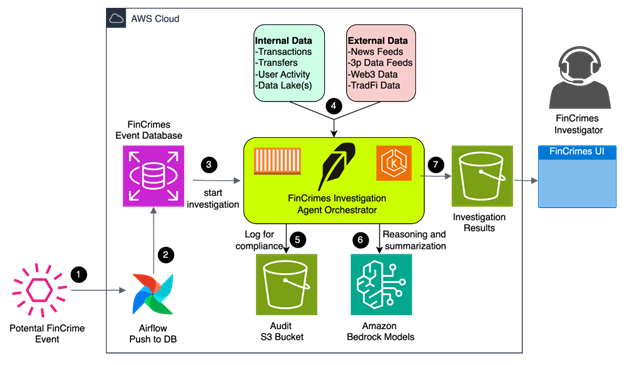Customer Success Stories
Discover how customers across industries increase agility, optimize costs, and accelerate innovation using AWS
How the NFL and AWS Reimagined the Combine and Draft Experience for Fans
NFL used Amazon QuickSight and Amazon Q Business to launch interactive dashboards and a conversational chatbot to give fans unprecedented access to the analytics that power the NFL Scouting Combine and NFL Draft.

Robinhood Transforms Financial Crimes Investigations Using Amazon Bedrock
Robinhood is using generative AI to help analysts investigate financial crimes more effectively and efficiently.

Box Boosts Growth and Unpacks over $2.23 Million in Savings
Using the AWS Well-Architected Framework, Box has transformed its ways of working, including in growing awareness of expenditure, matching supply with demand, and facilitating improved monitoring.

Siemens in India Accelerates Job Readiness for Graduate Hires with AWS India Tech Alliance
Siemens in India worked with AWS Tech Alliance to prepare its graduate hires for day-one productivity and cut hiring and onboarding costs by 40%.

HubSpot Scales Image Generation 150% with Stability AI in Amazon Bedrock
Using Stability AI in Amazon Bedrock, HubSpot supported a 150 percent increase in customers’ demand for image generation as they gained seamless, unlimited access to state-of-the-art AI tools that help drive creativity faster and for significantly less cost.

Browse more customer stories
All Customer Success StoriesDid you find what you were looking for today?
Let us know so we can improve the quality of the content on our pages